Psychosocial Program
Message from program leadership
Our goal is to help ease the emotional, psychological, emotional and everyday impact of the cancer journey on patients and families. Along with individual supports, our dedicated inter-professional team is working to deliver targeted supports and programming to prevent and reduce the incidence of mental health challenges and improve overall coping and quality of life for the whole family.
– David Brownstone, Garron Family Psychosocial Program Lead, Social Worker & Dr. Sarah Alexander, Murphy Psychosocial Program Medical Director.
Even though you or your teenage child is being treated at a children's hospital, teens and young adults have different social, mental health, and informational needs than younger children.
Teen Cancer Connection is a program supporting adolescents and young adults (AYA) who are 13 years or older with cancer or a cancer diagnosis here at SickKids. The program will help AYA:
- identify their individual needs and receive 1:1 personalized support
- access education and psychosocial support
- connect with relevant hospital and community resources and services, and connect with other AYA patients
Email teen.cancer@sickkids.ca or talk to your oncology team for more information.
The ACT Initiative focuses on supporting patients and parents/caregivers adjusting to life after the completion of active cancer treatment. During this time, patients and families spend more time at home and in their communities. New routines need to be established and “normal” needs to be redefined.
The ringing of the bell is a significant part of the cancer journey, marking the end of treatment. While this momentous occasion can bring feelings of joy and pride, there can also be feelings of nervousness, anxiety and even sadness. Experiencing a mix of emotions is normal. The ACT Initiative, consisting of the Haematology/Oncology Psychosocial Team, supports processing these emotions, coping and overall mental health.
Please speak with your medical team if you are interested in seeking additional support.
Teens4Teens
Teens4Teens is a drop-in group for teens to connect with each other and talk about common issues teens face when dealing with cancer. Teens4Teens drop-ins have been run both virtually (using Zoom Healthcare) and in person (in the Teen Room in the Sears Cancer Clinic).
Teens aged 13+, with any cancer diagnosis, at any stage, on or off treatment, inpatient or outpatient are eligible to participate. Ask your medical team or email teens.4teens@sickkids.ca to find out more information, including upcoming planned Teens4Teens drop-in dates.
Photovoice
As leaders in child health, the oncology social workers at SickKids have implemented a therapeutic Photovoice group where teens meet weekly to record, reflect and critique issues they faced on their treatment journey.
Photovoice is a therapeutic photography program focused on creating a supportive peer-focused environment aimed at bringing a voice of teens with varying cancer diagnoses, while facilitating better communication between patients and their healthcare teams. A concurrent Photovoice group for teen siblings is also available. Photos from both groups are displayed at the annual Exhibition to kick off Cancer Awareness Week and are subsequently hung on clinic walls.
“It’s All About Me” Sibling Appreciation Day
A child’s diagnosis of cancer or serious blood disorder has a significant impact on the entire family. Siblings of children with cancer/serious blood disorders are often overlooked and their needs minimized as their parents and healthcare professionals focus on the ill child. The annual “It’s All About Me” Sibling Appreciation Day provides creative opportunities to address the most common concerns about the sibling experience.
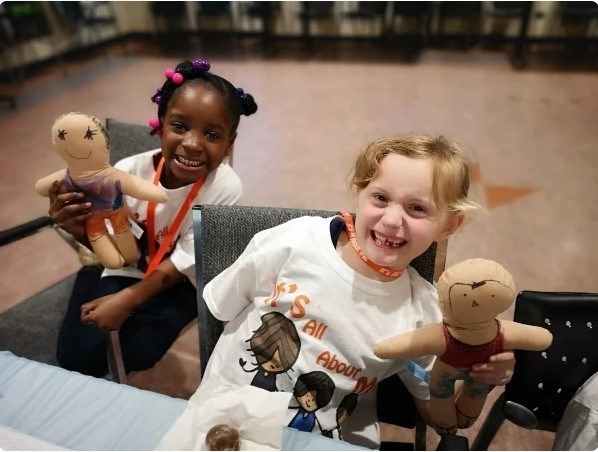
It promotes the expression of feelings, coping, and problem solving with the goal of enhancing self-esteem. Throughout our programming, we aim to enhance siblings’ adjustment to living with a life-threatening illness within the family, reinforce their importance within the family, and provide much needed recognition for their important role in their family’s journey at SickKids.
For more information about these initiatives, please contact your social worker.
For more information about the following topics:
- Assistance for Children with Severe Disabilities - Employment Insurance Benefits (EI)
- Family Caregiver Benefits
- Compassionate Care
- Sickness Benefits
- Ontario Disability Support Program (ODSP)
- Ontario Works (OW)
- Special Services at Home (SSAH)
Please visit our Financial & Legal Assistance page.
For more information about short term and long term accomodations, please visit our Staying Overnight page.
- Northern Ontario Families of Children with Cancer (NOFCC)
- Pediatric Oncology Financial Assistance Program (POFAP)
For more information about the following topics:
- Assistance for Children with Severe Disabilities
- Employment Insurance Benefits (EI)
- Family Caregiver Benefits
- Compassionate Care
- Sickness Benefits
- Ontario Disability Support Program (ODSP)
- Ontario Works (OW)
- Special Services at Home (SSAH)
Please visit our Financial & Legal Assistance page.
Resources for adjustment after active treatment
Specific to your cancer diagnosis, there may be organizations that have resources tailored to you and your treatment journey.
- Leukemia & Lymphoma Society of Canada
- Brain Tumour Foundation of Canada
- Sarcoma Cancer Foundation of Canada
Resources for coping and mental health after active treatment
- Anxiety Canada
- Facts & Feelings – BC Cancer
- Mental Health after Active Treatment – Stupid Cancer
- Getting Back to Normal – American Cancer Society
- After Treatment – Macmillan Cancer Support UK
- Life After Cancer Treatment for Young Adults – Cancer.Net
AboutKidsHealth educational resources
Adolescent Medicine Specialists works with teen patients on issues specific to their needs including mental and social stresses, fertility and body image.
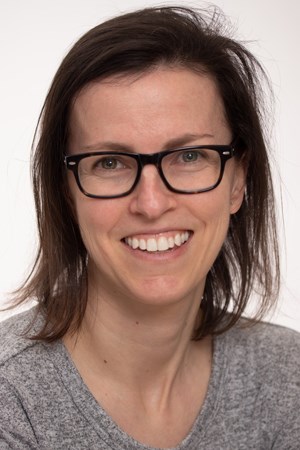
Program Lead Area: Teen Cancer Connection

Rebecca Cote
Clinical Program Coordinator Area: Teen Cancer Connection teen.cancer@sickkids.ca
Child Life Specialists play a unique part in your child’s care, helping them cope with stress and anxiety during their treatment through a creative blend of care/therapy including art, music and play-based activities.
Riann Horan
Area: Haematology/Oncology - Inpatient riann.horan@sickkids.ca
Madison Chin
Area: Blood & Marrow Transplant & Cellular Therapy Program - Inpatient madison.chin@sickkids.ca
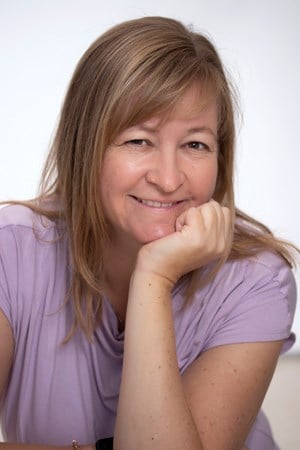
Karyn Positano
Area: Haematology/Oncology - Outpatient karyn.positano@sickkids.ca
Expressive Art Therapists use a variety of creative arts as a form of therapy to allow patients to express themselves through painting, music and song.
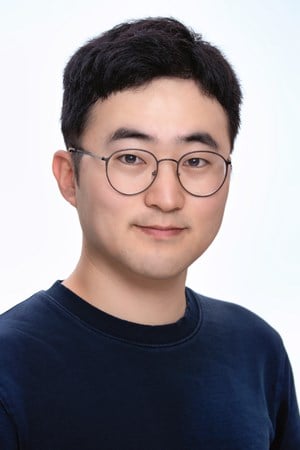
Jonathan Han
Certified Music Therapist Area: Haematology/Oncology - Inpatient jonathan.han@sickkids.ca
Interlink Community Nurses provide a valuable link between hospital, home life and community for you and your child including helping to build support systems to help your child be successful at school during their cancer treatment.

Arvinder Aulakh
Area: Toronto West arvinder.aulakh@sickkids.ca
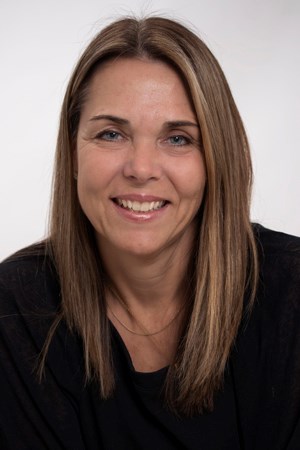
Cory Murphy
Area: Toronto Central cory.murphy@sickkids.ca
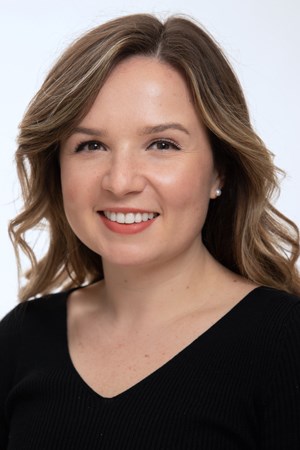
Jessica Brooks
Area: Toronto East/Durham/York Region jessica.brooks@sickkids.ca
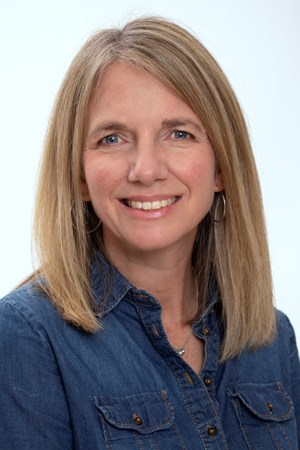
Lisa Arnott
Area: Barrie/Muskoka/Peterborough lisa.arnott@sickkids.ca
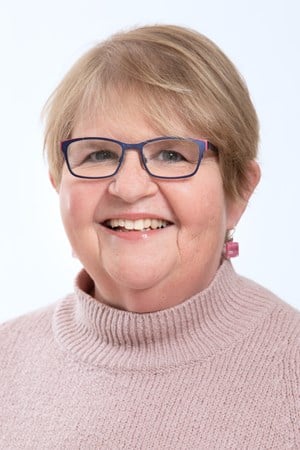
Sara Belot
Area: Toronto East/Durham/York Region sara.belot@sickkids.ca
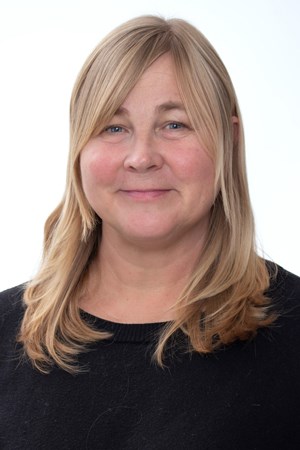
Tina Hamalainen
Area: Toronto Central tina.hamalainen@sickkids.ca
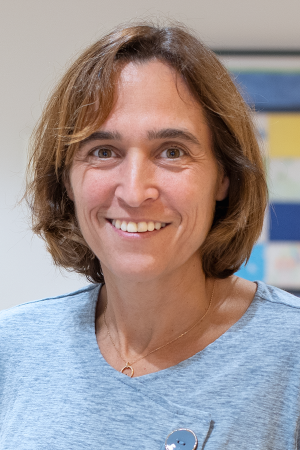
Murphy Psychosocial Program Medical Director and Clinical Director, Division of Haematology/Oncology
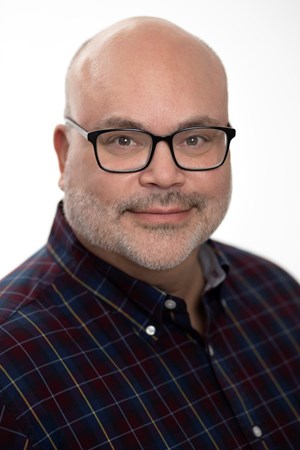
David Brownstone
Area: Garron Family Psychosocial Program Lead | Neuro-Oncology, Social Worker david.brownstone@sickkids.ca
Psychiatrists support patients with clinically significant emotional distress and can diagnose and treat mental health conditions that may or may not be related to their cancer journey.
Psychologists provide specialized mental health and learning supports. As part of the oncology team, clinical and health psychologists provide evidence-based assessment and treatment for behavioural, cognitive and emotional challenges associated with a child or adolescent’s cancer experience. Intervention is tailored to promote coping and adjustment at the time of diagnosis, throughout treatment and after treatment. Neuropsychology works to identify and asses any learning or memory challenges and assist in developing strategies and educational supports to maximize a child’s potential.
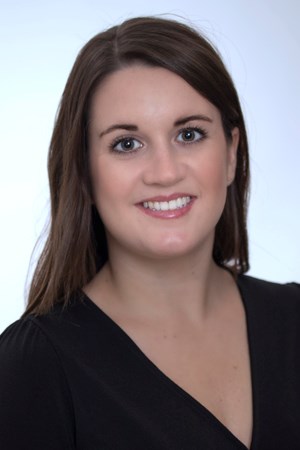
Dr. Melissa Howlett
Paediatric Health & Clinical Psychologist Area: Haematology/Oncology
Dr. Joel Tourigny
Paediatric Health & Clinical Psychologist Area: Oncology After Care Program
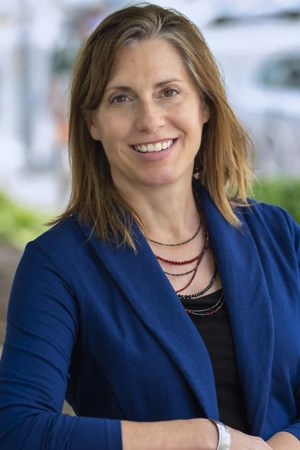
Dr. Laura Janzen
Clinical Neuropsychologist Area: Haematology/Oncology
Dr. Sharon Guger
Clinical Neuropsychologist Area: Oncology After Care Program
Scientist
Resource Navigators provide support to SickKids patients and parents who need community information and help to apply for resources to address their health-care related costs, as well as other specific needs.
For general inquiries, please email: haemonc.navigation@sickkids.ca
Megan Casey
megan.casey@sickkids.ca 416-813-7654 ext. 224575
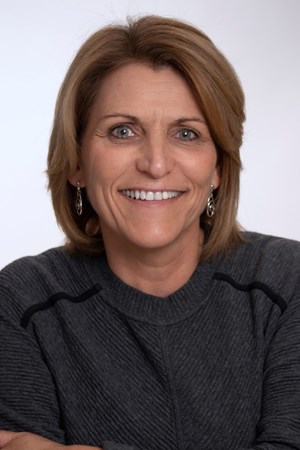
Lisa Berardo
lisa.berardo@sickkids.ca 416-813-7654 ext. 224573
Social Workers focus on helping meet emotional, social, financial, and practical needs that may arise throughout the cancer journey. Social workers work at the intersection of health and mental health, providing a variety of interventions to help you and your family cope through the cancer journey.
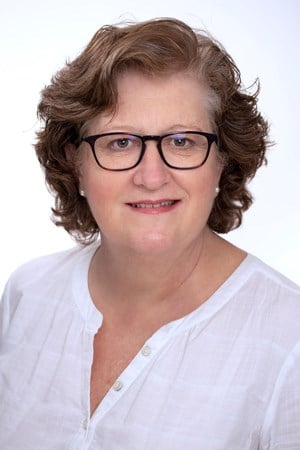
Sonia Lucchetta
Area: Bone Marrow Transplant | Caregiver Support Program sonia.lucchetta@sickkids.ca
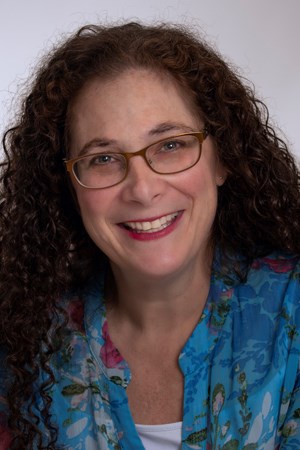
Wendy Shama
Area: Leukemia & Lymphoma wendy.shama@sickkids.ca
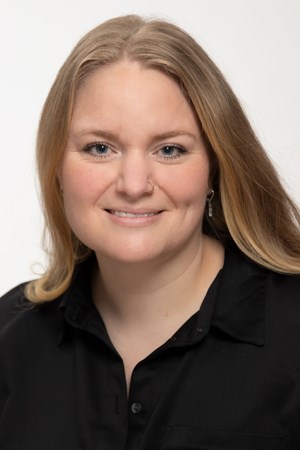
Lisa Robinson
Area: Leukemia & Lymphoma | Standardized Assessments lisac.robinson@sickkids.ca
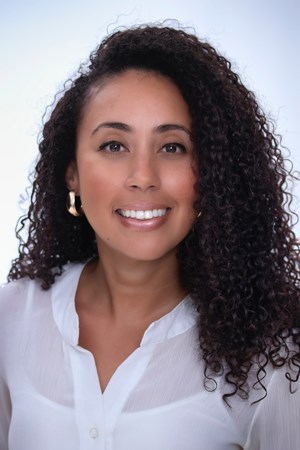
Samantha Timla
Area: Leukemia & Lymphoma | Haematosis & Marrow Failure Programs samantha.timla@sickkids.ca
Fiona Penny
Area: Leukemia & Lymphoma | Groups fiona.penny@sickkids.ca
Karen Fung
Area: Solid Tumour | New Agents and Innovative Therapy Program karen.fung@sickkids.ca
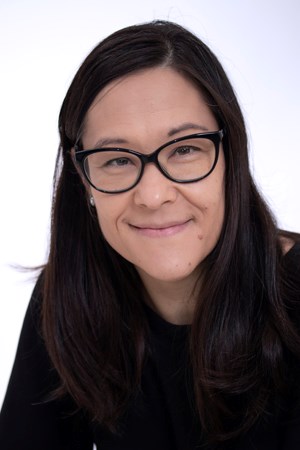
Carly Nishimura
Area: Solid Tumour | Sickle Cell & Thalassemia carly.nishimura@sickkids.ca

Ashley Sloan (Mat Leave)
Area: Neuro Oncology | General Haematology & Vascular Anomalies ashley.sloan@sickkids.ca

Jessie Wong
Area: Neuro Oncology | General Haematology & Vascular Anomalies jessie.wong@sickkids.ca
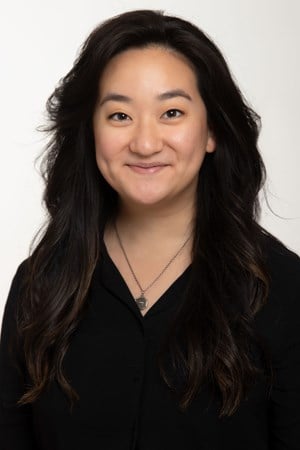
Benita Yi
Area: After Cancer Treatment (ACT) Initiative benita.yi@sickkids.ca
Contact us
For general inquiries or information, please email psychosocial.oncology@sickkids.ca

